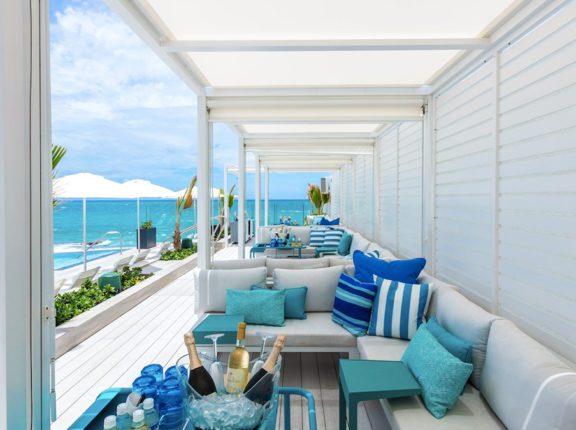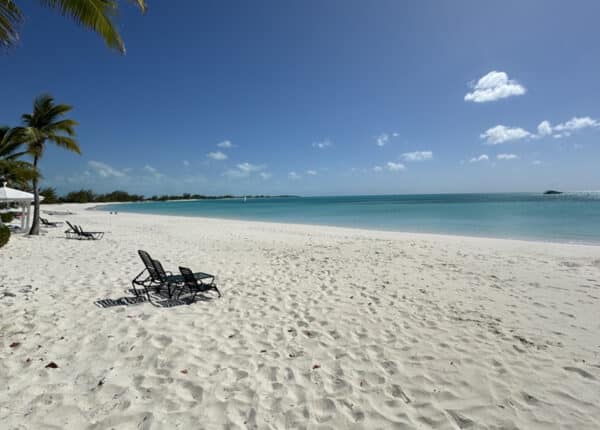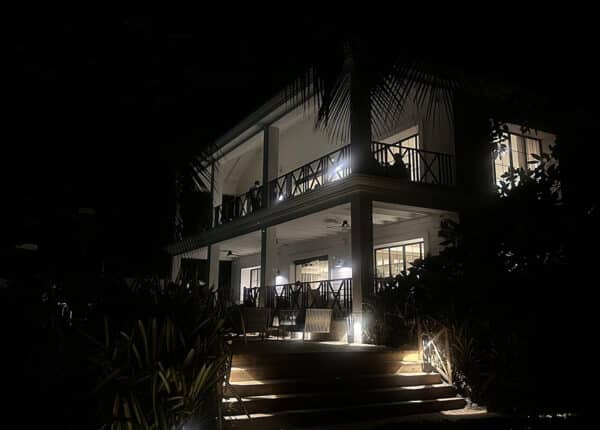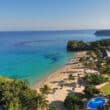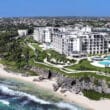By Ramesh Sujanani
Op-Ed Contributor
Jamaica recently welcomed a new head of the FID, an organization which has much to do with cash, currencies and their movement in Jamaica, along with maintaining a liaison with overseas administrators of similar programmes.
To him — and executives of the Bank of Jamaica — falls the mantle of supervision for AML, POCA, FATC, ARA, and other designations, all horses of a different colour.
They are concerned with “where does your money come from, what you did to acquire it, what you intend to spend it on and how did you get so much.”
Least of all comes the notion of, “It’s my money, I earned it, I saved it, and none of your business!” — a response by the owner, under his right of quiet enjoyment of his assets.
Under the Anti-Money Laundering Act (AML), Protection of Crimes Act (POCA), Asset Recovery Act (ARA) and Financial Assets Traded Commercially Act (FATCA), the government has the right under the law to determine your financial assets, seize them, freeze your Bank Accounts. and demand you hand them over to the government, without going to a Court of Law to obtain that prerogative. Of course, one has the right of Appeal, which involves some arbitration, before you one can spend one cent more of his or her cash.
These iniquitous Acts are a few that gives Authority the right to move citizens’ assets from their constitutional rights, and are, in my opinion, in breach of the right of personal freedom under the constitution of Jamaica.
We may have been some party to support anti-terrorism laws from the United States and Britain, through all the financial transactions we do with those countries and their Commercial Bankers.
Even though we support this anti-terrorism effort, and our central bank monitoring institutions are involved in the appropriate activities, we can still be excluded from business with commercial banks, should they perceive us to be in breach of regulations.
The problem is that as many Jamaicans that live in Jamaica, live outside of Jamaica: some 2.5 million persons. They work, bring their money home, help their families, build new business and create more assets, and this is good for Jamaica.
The money comes from their incomes, as janitors, as auto mechanics, industrial workers, office workers and a variety of other occupations. How they save and send their money is another matter.
While they do not support terrorism of any kind, or gun crimes, or hard drugs, they are always concerned about their money, which is for retirement. So they bring their money in as cash, in drafts, through remittances, by personal checks, by whatever safe means they can find.
That money is too small to be used for any high profile subversive activity; this quantum only interests the tax authorities of both the foreign government and the local government, and it is my opinion that revenue considerations are the main ones pressing these laws in Jamaica under the guise of terrorism, money laundering, and similar nonsense.
Governments want more taxes and revenue (to fritter and waste), and are not concerned with the criminals at all, and wind up harassing simple folk with “Where does your money come from?”
If it is taxes they require, then pend appropriate legislation!
The POCA (Proceeds of Crime Act) we have in Jamaica is an offshoot of similar acts introduced in the UK and the USA (Patriot Act) just after 9/11, whose intent was to respond to terrorists by cutting off their access to funding.
The ARA is the Agency that deals with the assets themselves, whether money, securities that might have been in accounts, real estate, and motor vehicles among others.
It was intended to hit criminals where it hurts — in their pockets. Yet, years later there are no accounts, and files at FID for years that have never been read: With nothing to show for it after spending significant sums on personnel and operations, FID”s management systems are in disarray and confusion.
What is ironic is government’s approach to crime is that, even though laws were already on the books, more draconian legislation is introduced which targets everyone! The government now has the authority to spy on all of our activities, including wire-tapping our phones, recording all of our movements, including on the internet.
Even if you are nothing more than a suspect, the government has the right to freeze your assets at the start of a criminal investigation, and simply has to show that the seized funds are proceeds of a crime, without knowing the crime was that took place.
Civil Liberties groups point out that this new power of civil recovery by civil action in the high court allows recovery of the proceeds of criminal activity, and enable courts to freeze a suspect’s assets at the start of a criminal investigation.
It simplifies the requirements for money laundering conviction by removing the requirement to prove what the crime was, and allows the court to make statutory assumptions in non drug cases that all of the defendant’s assets represent the proceeds of some crime.
I do not believe these acts and these laws are fair and justifiable. They should be reviewed and be removed forthwith: what they do is identify persons with money as criminal until their assets have been investigated.
Ramesh K Sujanani can be reached at rsujanani78@gmail.com.
Note: the opinions expressed in Caribbean Journal Op-Eds are those of the author and do not necessarily reflect the views of the Caribbean Journal.
